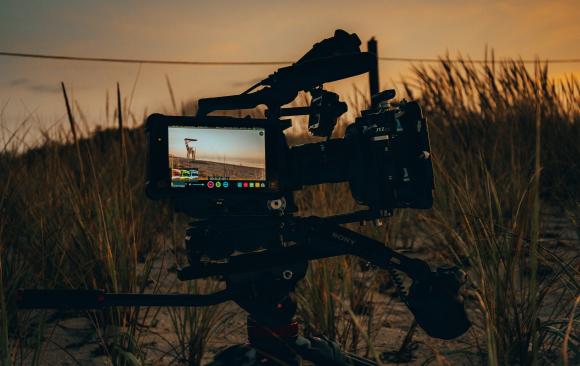


Finding the perfect location for a video shoot requires a thorough understanding of both your production and visual needs. When location scouting, it is important to consider how a space will enhance the scene that you are filming and the potential pitfalls that could compromise the quality of your project. Use this checklist when location scouting to help alleviate production stress and create a high-quality video project.
Are there enough power outlets? Are you able to light your scene and power your gear? No, really, it sounds basic but ensuring that you are able fulfill necessary production needs such as effectively lighting your set during your shoot is essential. Are there adequate outlets for setting up lights and charging equipment, or will there be enough natural light coming from nearby windows? Consider all of the necessary requirements needed to create a quality production.
Do you have permission to film on location? While many of us have heard guerilla filmmaking stories about directors “stealing” shots without permission, obtaining legal access to a space is a necessity, especially for larger shoots. While grabbing a few quick shots on a street corner with a small production team is possible, you do not want to invite a large crew and actors to a shoot, only to be shut down five minutes into your production (and possibly fined!) for not having permission.
Is the location easily accessible? Accessible locations are a must, especially when you have a large number of scenes booked into your shooting schedule. Shooting in a remote cabin may initially seem like a good idea until you realize that it will take four hours to get there and that lugging large amounts of heavy gear through the woods could kill production momentum (or you!). Sometimes the need for a particular specific location outweigh the inconvenience, but if you have a large number of locations required for your production and limited shooting days, consider how you can conserve time and budget, and be flexible about your vision.
Does the location serve your story? Consider whether your location reflects the description in the script. Will the aesthetics of the space contribute to the thematic ideas and the story that you are trying to convey? Remember, a good location can set a tone and greatly aid in telling a story.
For more information, tips and tricks, visit www.mnn.org/learn for free workshops, professional courses, media bootcamps, and more resources to make your productions successful.